Security in communities is a basic condition for the start of the electoral process, and this concept is broader than physical security. Security indicators should be enshrined in law to ensure that the decision to (not) hold elections is as objective as possible. The body that will make such a decision should also be determined. This was discussed on 21 May at the event ‘Security as a Prerequisite for Post-War Elections: What Should be the Mechanism for Making Responsible Decisions’.

OPORA started talking about clear criteria on the basis of which to decide whether or not elections can be held in 2020, when local elections were not held in 18 communities in Donetsk and Luhansk oblasts.
The security audit matrix, which OPORA is constantly refining, contains mandatory and optional criteria. First and foremost, it concerns physical security, i.e. the absence of shelling, a satisfactory socio-economic situation (availability of mobile communications, access to the Internet, medical and educational services, etc. If a community fails to pass the assessment at any stage, it may receive recommendations to address the shortcomings based on the audit results.
The primary basic conditions for holding elections in the community are the cancellation of the legal regime of martial law, the absence of shelling (artillery, rocket, drone) for at least 3 months, and the community’s territory being under the control of the Ukrainian authorities.

Other mandatory conditions include the safety of road infrastructure and the state of demining, the work of the National Police and the State Emergency Service in accordance with arrival rates, the presence and condition of an emergency warning system (air raid) and protective structures. Optional criteria are the general security situation in the community (armed attacks on state representatives) and the presence of mine-related incidents that have resulted in civilian deaths and injuries.
“It is important to analyse how safe the community feels. Currently, there are attacks on volunteers and civic activists. During the election process, there may be attacks on candidates, etc. This can affect the mood of the population and reduce voter turnout. Russia is also likely to use similar tactics,” explained Anatoliy Bondarchuk, analyst at the Civil Network OPORA.
In addition to the security block itself, the audit includes an assessment of the socio-economic and political (restoration of democratic processes) situation in the community. This includes the functioning of banks, access to Ukrainian radio and television, the work of the courts, the capacity of the State Voter Register, the ability to recruit PEC members, and a number of other factors.
The advantages of the OPORA tool are quick data collection that does not require additional costs, widespread use and transparent results. The proposed assessment matrix can be used for both national and local elections.
“The CEC has already had preliminary consultations with OPORA on the audit methodology. Among our wishes is to make the socio-political block not optional. We are talking about the work of local branches of political parties, NGOs that can observe the voting, and local media,‘ said Serhiy Dubovyk, Deputy Head of the CEC. ’It is important that the OPORA project coincides with the CEC’s efforts within the working groups that existed during the development of the risk table and to which OPORA experts were involved. This is an organic continuation of the risk system developed by the CEC.
“Each of the state bodies – the CEC, the National Police, the SES, and local governments – systematise security information in different ways. But this view, in particular because of the war, is everyday. And the view of the Civil Network OPORA and partners with their experience is different. Therefore, it is important that we assess all this not as civil servants acting in the context of armed aggression,” added Dubovyk.
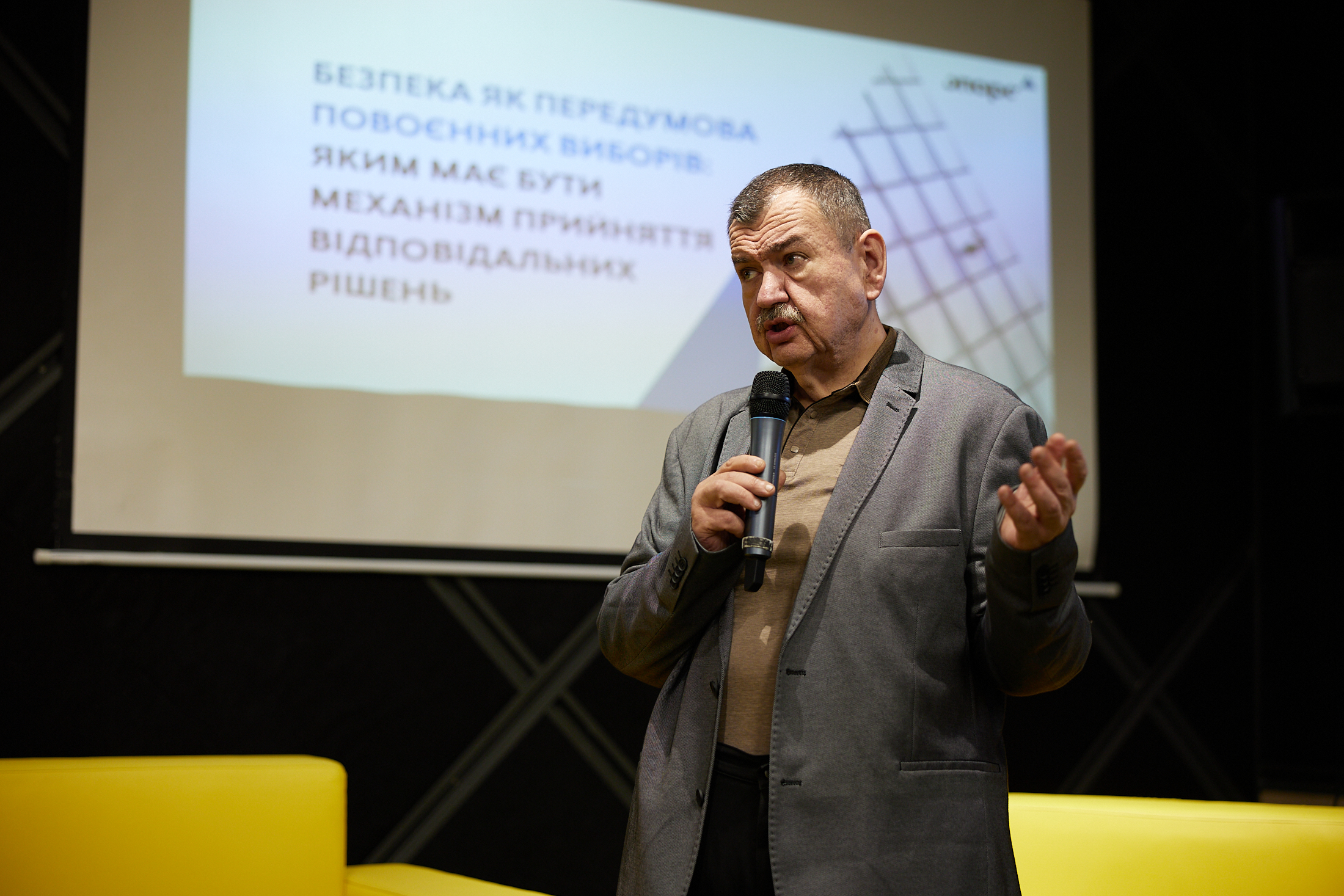
OPORA also suggested which communities should be audited. In particular, these are the following:
- located within 60 km of the contact line or the border with Russia;
- temporarily occupied for more than 1 year;
- more than 50% of the premises of polling stations are not suitable for voting.
During the event, OPORA analysts presented the results of security screening of 4 communities: Zaporizhzhia, Poltava, Kryvyi Rih and Snihurivska (Mykolaiv Oblast). Each of them is distinguished by its proximity to the contact line, the size of theіром бюджету, кількістю населення. Одна з громад — Снігурівська — перебувала в окупації.
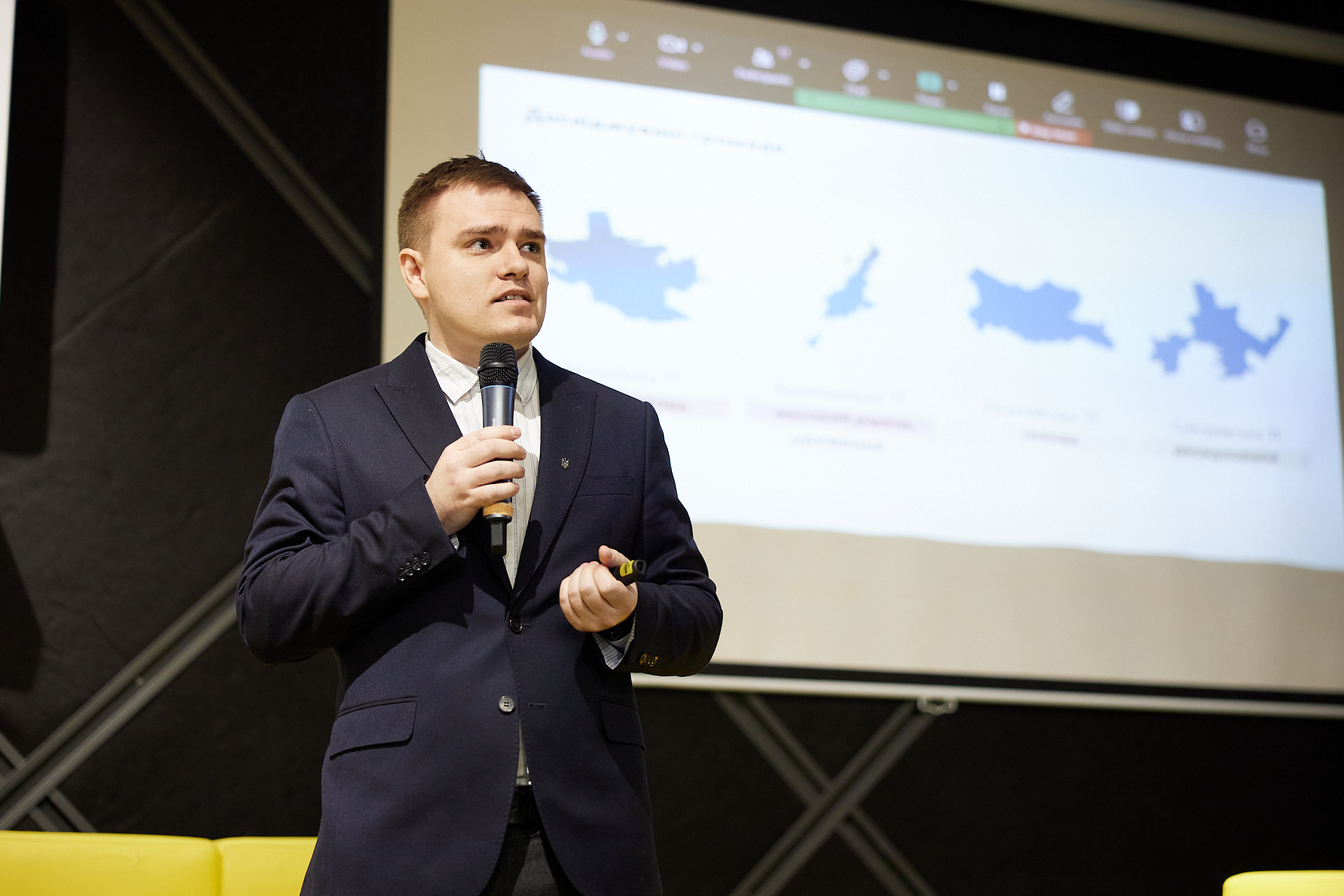
Damage or destruction of polling stations was recorded in all communities selected for the pilot. In Snihurivka and Kryvyi Rih, several polling stations were destroyed, while in Zaporizhzhia, some had minor damage. In frontline Snihurivka, 31 per cent of polling stations are unfit for voting.
The situation with the availability of shelters is the best in Zaporizhzhia. In Kryvyi Rih and Poltava, about 80% of polling stations have shelters within a 1.5 km zone. In Snihurivska community, only 46% of polling stations are provided with shelters.
ADDITIONALLY: The conclusions and recommendations of OPORA’s experts in a convenient and concise format can be found on the dashboard.
‘The audit criteria should be enshrined in the law so that they cannot be interpreted depending on political expediency or benefits for certain local groups involved in the distribution of funds,’ said Andrii Savchuk, data analyst at OPORA.
Also, the criteria for determining the possibility of holding elections should be objective, and the bodies that will make the relevant decision should not go beyond their mandate. The Civil Network OPORA proposes to create special local interagency commissions in communities that will collect information for a preliminary assessment. This data would then be submitted to a governmental interagency commission (modelled on the Interagency Commission on Technogenic Safety and Emergency Situations), with the final decision being made by a politically responsible body.
“Acknowledging the possibility of not holding elections is not an end in itself. The key is to enable local authorities and local self-government to eliminate the shortcomings in order to hold elections,” said Pavlo Romaniuk, Legal Adviser at OPORA.
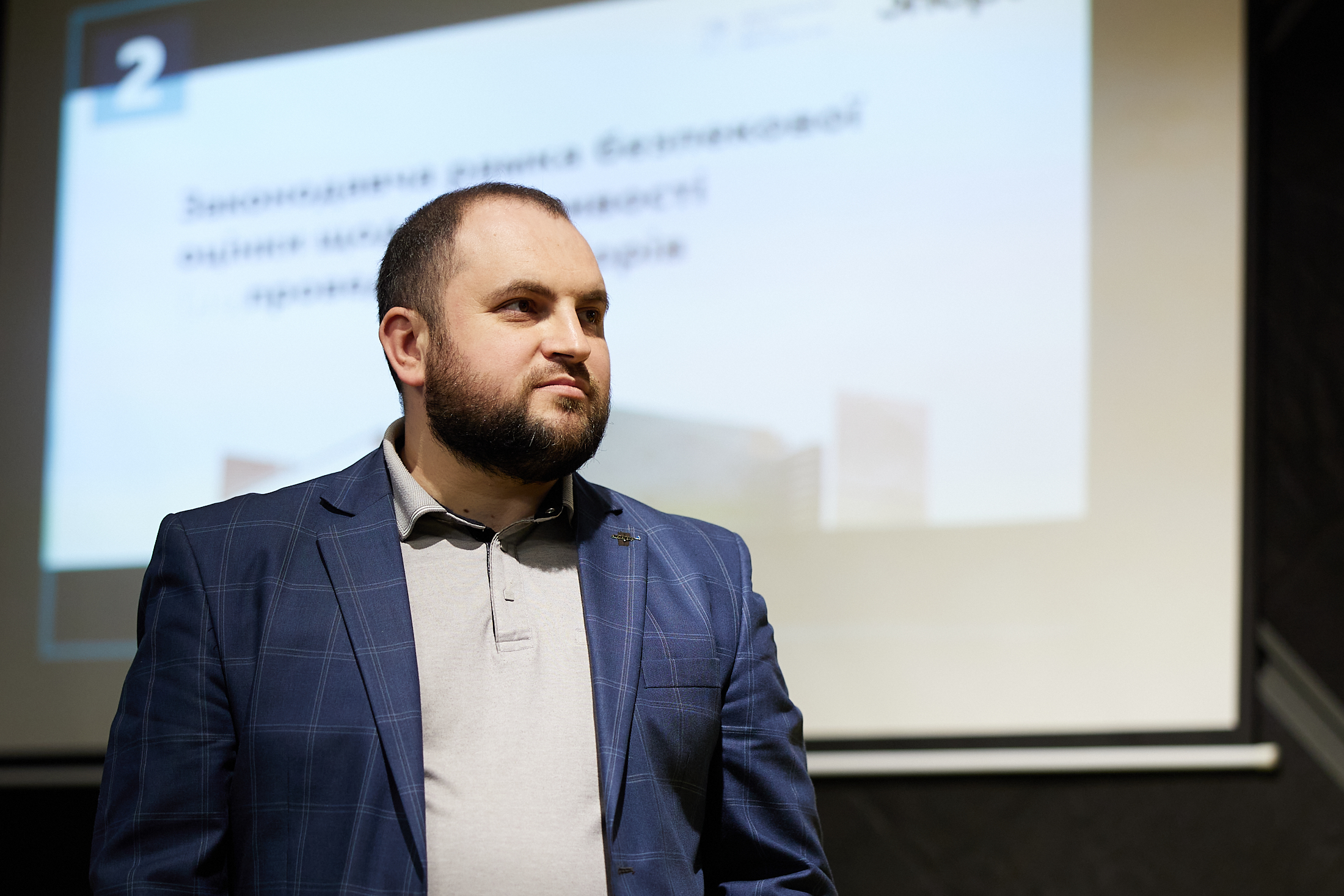
Following the presentation of the security audit, Olha Aivazovska, Chair of the Board of the Civil Network OPORA, reminded that there may be only a month between the end of martial law and the start of the election process. That is why, when it comes to legislative preparations for post-war elections, it is necessary to determine who will make decisions on the security preparedness of communities.

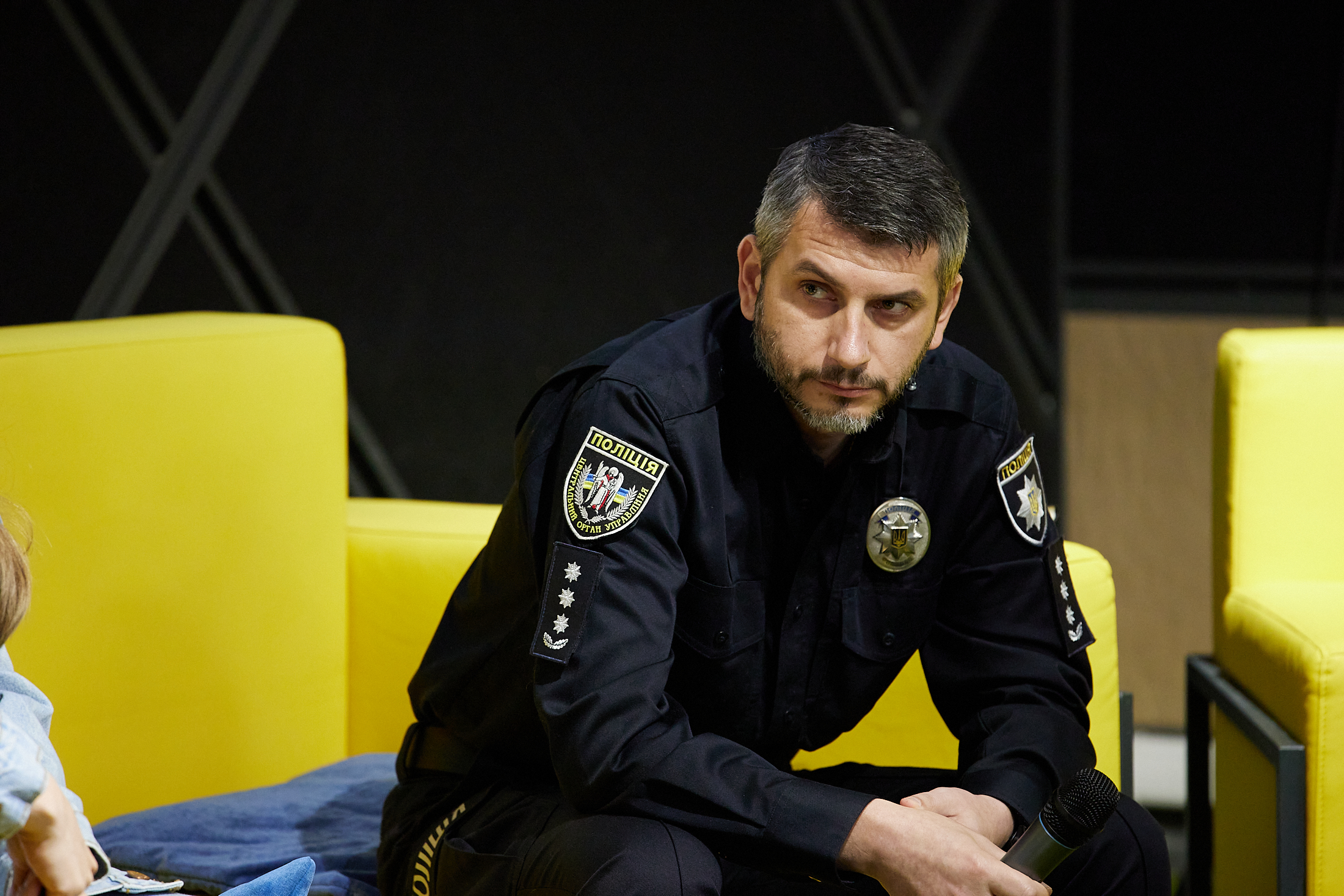



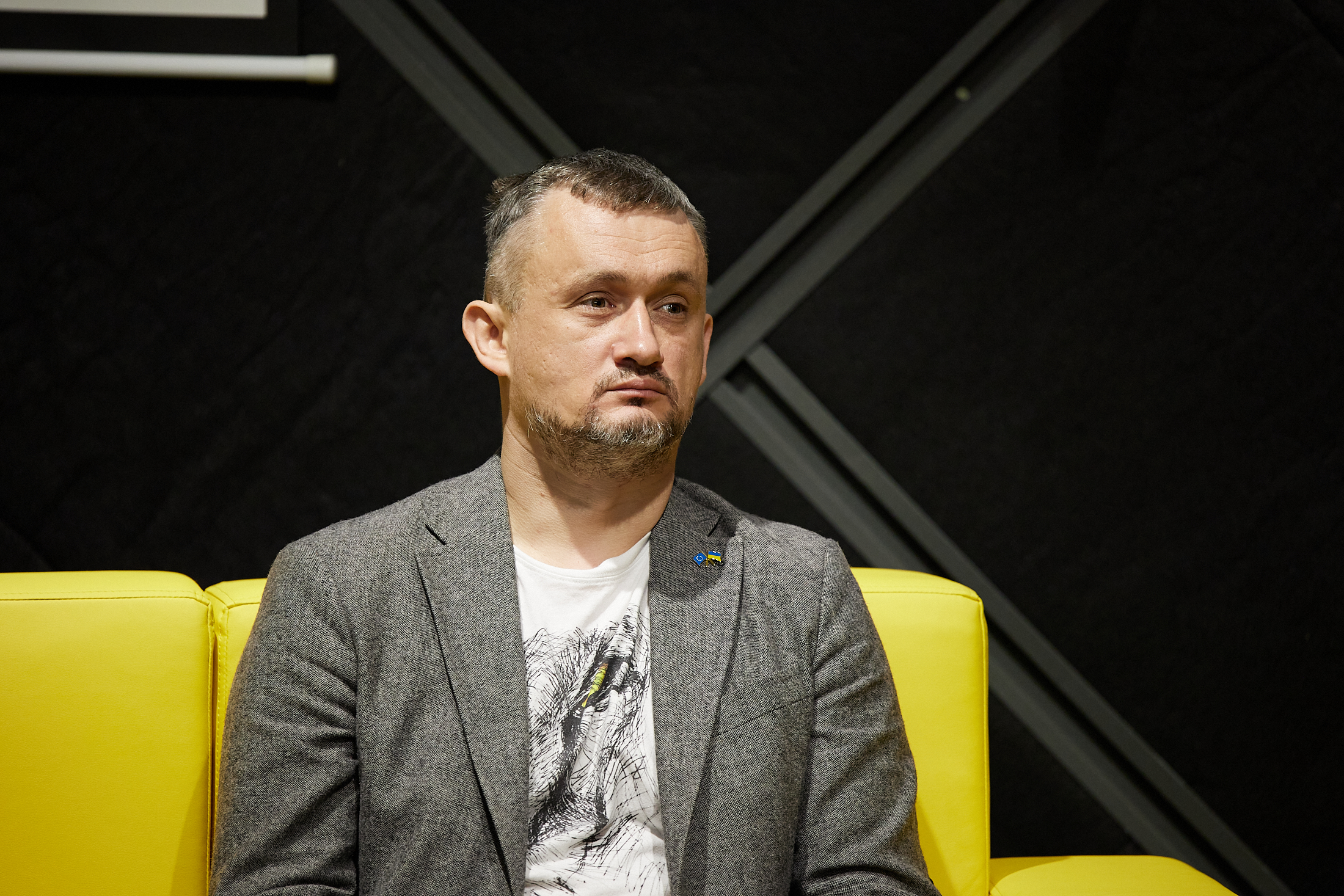
Більше фото
MP Alina Zagoruyko, chair of the Subcommittee on Elections and Referendums of the Committee on the Organisation of State Power, Local Self-Government, Regional Development and Urban Planning of the Verkhovna Rada, believes that the parliament can be such a body. According to her, the government, the National Security and Defence Council, local governments and the CEC can also provide their assessment of the situation and proposals, but in order for the decision to be transparent and inclusive, it must be made by the Verkhovna Rada.
Mykola Rubchak, Director of the Department of Strategic Planning and Regional Policy at the Ministry of Community and Territorial Development of Ukraine, believes that attention should be paid to the legal liability of those who jeopardise the elections. He also believes that the Security Service of Ukraine should be involved in the selection of people to the polling station commissions. In his opinion, a pilot project for security screening could be conducted on behalf of the head of the Government of Ukraine or another representative of the Cabinet of Ministers.
A separate issue is the possibility of opening polling stations in shelters. Anatoliy Seredynskyi, deputy head of the National Police’s Department of Preventive Activities, said that in this case, the addresses of the precinct election commissions would have to be changed. He also stressed that additional security measures would require additional funding. In addition, according to Seredynskyi, the approach to post-war elections will depend on how the martial law regime is lifted and the active phase of hostilities is terminated.
Finally, the participants of the event briefly discussed the security challenges of voting abroad, where, according to the latest data from the Ministry of Foreign Affairs, 8.9 million Ukrainians are staying. Currently, the National Police’s powers extend only to the territory of Ukrainian embassies and consulates, but if additional polling stations are opened outside diplomatic missions, the issue of their protection will arise.
The event was supported by the International Renaissance Foundation. The views expressed during the discussion do not necessarily reflect the position of the International Renaissance Foundation.
Source: OPORA

